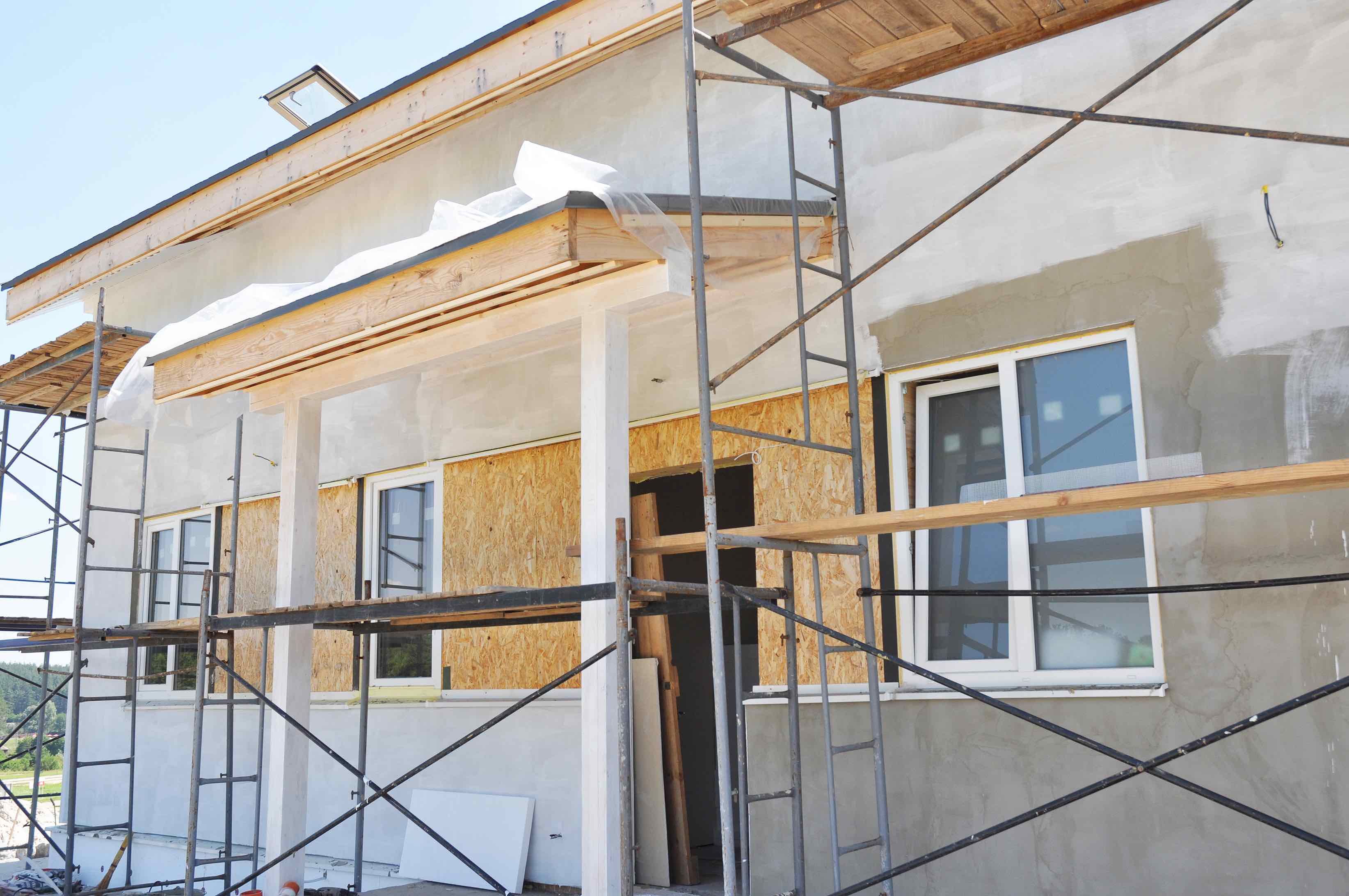YouGov Survey reveals over 50% of developer-led builds have a variety of problems

24th April 2017
A YouGov Survey by housing and homelessness charity, Shelter, has revealed that 51% of people have experienced issues with new developer-built homes. The report, titled New Civic Housebuilding, sampled 4,341 UK buyers and shows that over half of those that purchased a home from a large developer discovered significant problems with the construction, internal fittings and utilities within the builds.
Shelter carried out the investigation in order to highlight the negative impact large, developer-led initiatives can have on the housing market. They suggest that we are not building enough houses, and the ones we are building are being done so in the wrong way.
The report shows that eight in 10 working families are unable to afford a newly-built home; which could be as a result of developers competing for land and driving up the final unit value. According to the report, new homes are 25% more expensive than older builds, despite the fact that less than 30% of those surveyed actually wanted to live in a new build. Significantly, only 22% felt that new homes were of a better quality than older builds.
The investigation was carried out in the wake of residential developer, Bovis Homes, setting aside £7m in damages for their disgruntled clients. In December 2016, Bovis financially rewarded buyers if they moved into incomplete properties in order to hit annual sales targets. This left many new home owners with fundamental issues with their purchases.
New Civic Housebuilding proposes a radical restructure in the UK housing market through rediscovering our traditional homebuilding techniques in order to deliver higher-quality affordable homes. The report suggests that large property developers are favoured over individuals and families, and that the level of competition over land significantly works against the public interest.
The report provides a ‘civic’ model for best practice that Shelter hopes the Government will take on board. The prototype focuses on quality, affordability and localism, highlighting how land should be sold at a fair value, considerate of local need. Shelter refers to the Bourneville village model as an example of how this approach has worked successfully in the past.



